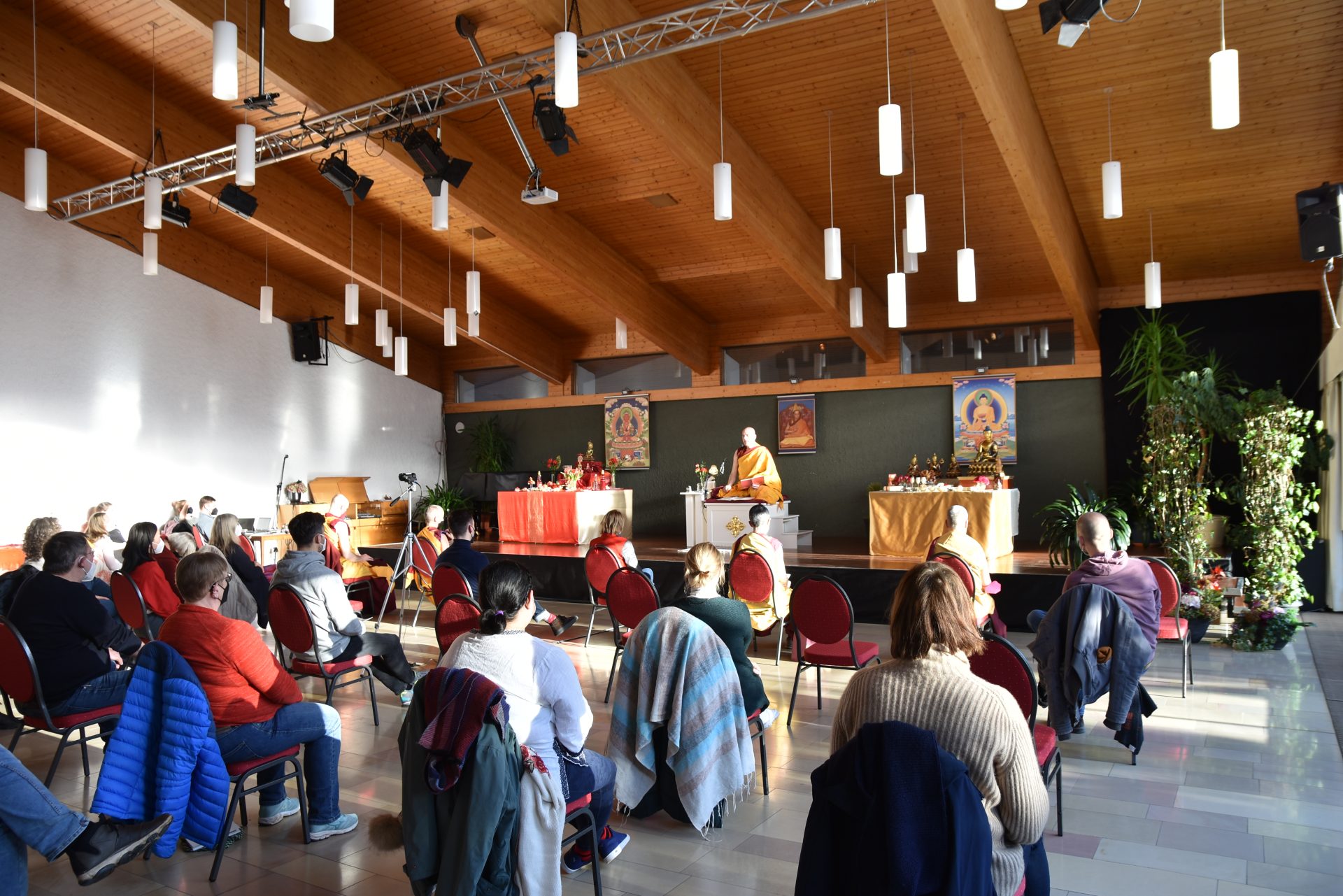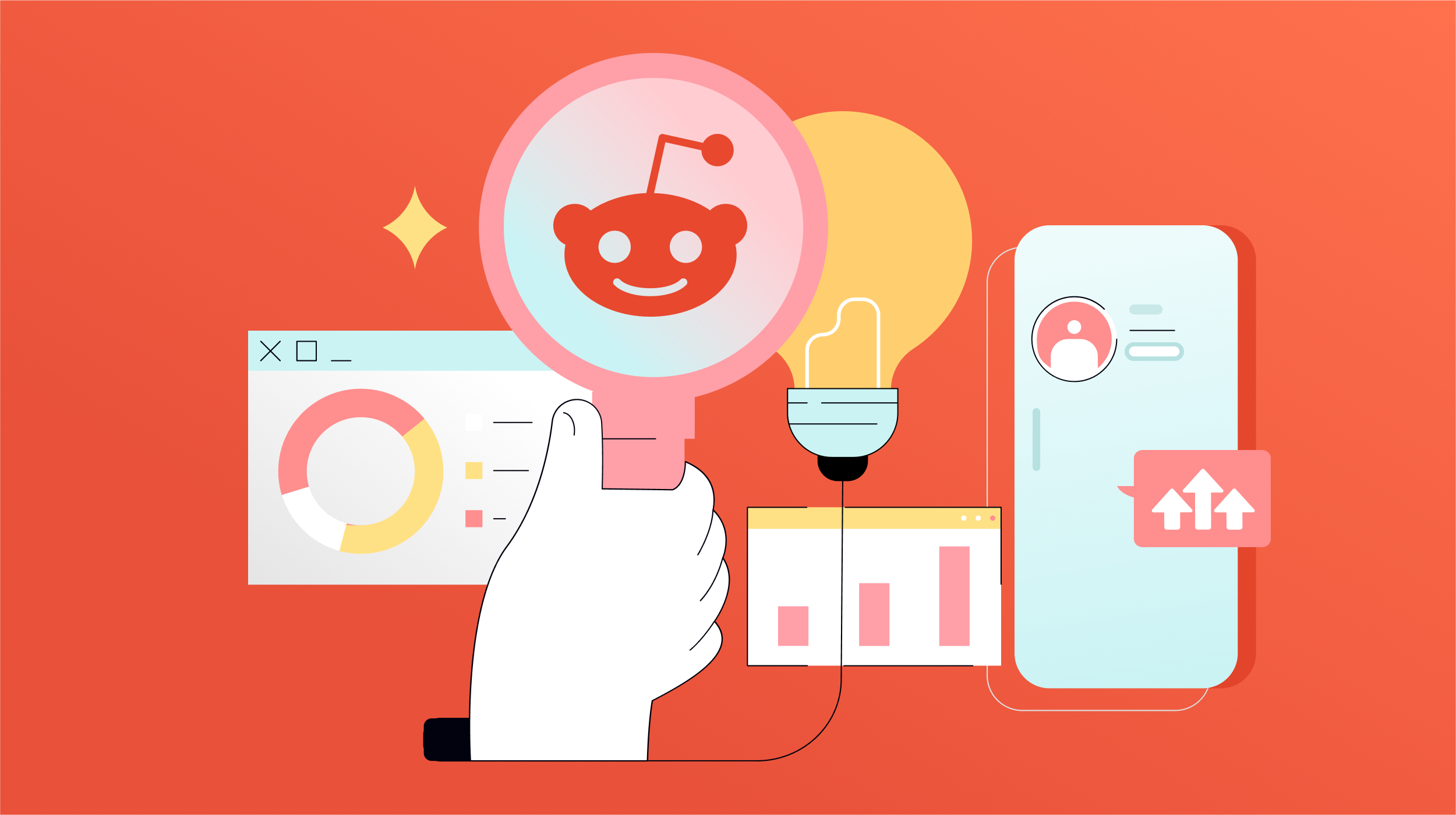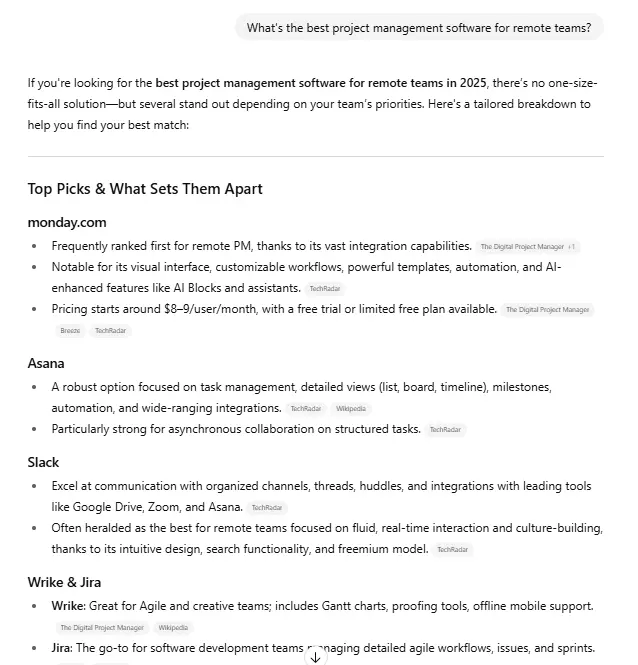Out Of PTO But Need To Get Away? Consider This Your Best Option
Out of PTO but need to get away? Consider this.


Assistant Beauty & Health Editor
Assistant Beauty & Health Editor
Hannah Frye is the Assistant Beauty Editor at mindbodygreen. She has a B.S. in journalism and a minor in women’s, gender, and queer studies from California Polytechnic State University, San Luis Obispo. Hannah has written across lifestyle sections including health, wellness, sustainability, personal development, and more.
Image by Lumina / Stocksy October 20, 2023 We carefully vet all products and services featured on mindbodygreen using our Our selections are never influenced by the commissions earned from our links. The average American worker gets just 10 days of paid time off annually. The statistic is even more shocking when compared to Europe, where 20 days is the minimum requirement, as stated by the 1990 initiative from the European Union Working Time Directive. Most workers in the United Kingdom now get at least 28 days of paid annual leave, or 5.6 weeks a year. This lack of paid time off and an increasing ability to work from home since the pandemic has led many Americans to ship off to a new type of vacation. Enter, the workation. 
What is a workation?
The term “workation” was coined by remote workers during the peak of the COVID-19 pandemic to describe the experience of traveling to a new place but keeping up with your workload while you're there.
A recent survey including over 1,000 U.S. residents shows that 67% of Americans went on some kind of workation in 2022, which isn’t necessarily surprising given that 44% of people who could work from home elected to do so in 2022.
In 2023, that percentage of those who opted to work from home reduced to 35%, still a significant difference from just 7% pre-pandemic, according to Pew Research.
The survey notes that 82% of respondents spent their workation in their origin country, while others went abroad. Most respondents noted their workations were between one week and one month, with some outliers staying even longer.
When asked about their reasoning behind the travel, 67% of respondents noted their workation was driven by a need to recharge mental and emotional batteries.
Benefits of a workation
Workations are full of benefits, especially for mental health, says board-certified psychiatrist Raafat Girgis, M.D. “Workation gives us room to refocus. Being outside [our usual work environment] can change our outlook and allow us to become more creative,” says Girgis.
These benefits are reflected in the survey as well.
So it’s safe to say that workations certainly have the power to boost your mood should you be out of PTO. However, Girgis warns that workations are certainly no replacement for a true vacation.
The downside of workations & what they say about American burnout culture
It’s worth noting that each year, more than half of all working Americans leave some PTO days unused—so workations probably aren’t solely being used as a supplemental strategy.
With the influx of workations, we must remember the power of true vacation time and continue advocating for more of it.
The word “burnout” gets tossed around lightly these days, but it can have serious consequences for mental health. The World Health Organization defines burnout as "chronic workplace stress that has not been successfully managed," and research shows that it's a contributing factor to depression and anxiety. Burnout can also negatively affect your sleep quality, which harms your overall health in countless ways, and can kick off a negative cycle of sleeplessness.
For these reasons, Girgis considers sufficient vacation time an investment in public health. “Otherwise, it is as if we are prisoners and mandated to a schedule that does not allow us to take care of our personal physical and mental health needs,” Girgis says.
Just think about it: If a workation can help you be less stressed, boost your creativity, and even convince you not to quit your job, imagine what a true vacation can do.
RELATED: How To Recover From Burnout, According To Mental Health Experts
How to take a proper workation
Moral of the story: Prioritize vacation time, and add in workations as the cherry on top when possible. Not everyone will have the time, financial resources, or ability to pack up and work someplace new for a week. If you do, consider the following tips for making the most out of your mini escape:
If nothing else, consider workations as one option if your job is remote-friendly—otherwise, lean into weekend getaways, embrace your windown routine each evening, and always advocate for the vacation time you need to feel recharged. Here are some more ideas about how to combat stress in your day-to-day.
The takeaway
Workations are growing in popularity in the U.S., likely due to a lack of paid time off and a more flexible work-from-home culture. Workations can help to prevent burnout and support mental health, but should not replace real vacations—there is still so much benefit to taking time off. Not sure where to book your next trip? Visit our Well Traveled guidebook for some inspiration.

 ShanonG
ShanonG 































